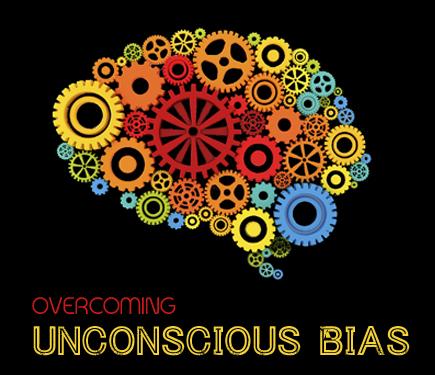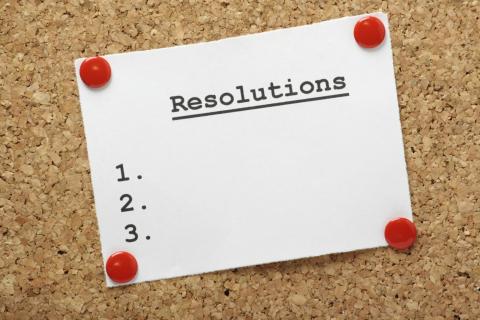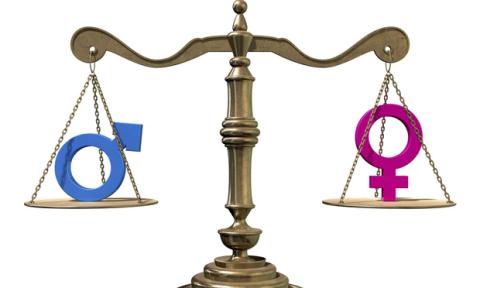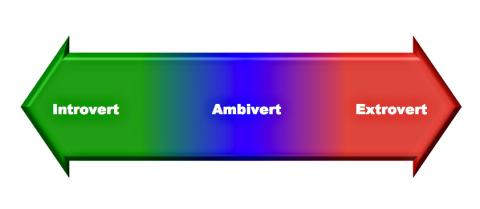“The notion of the narrowly-focused life is highly romanticized in our culture. It’s this idea of destiny or the one true calling. The idea that we each have one great thing that we are meant to do during our time on this earth… but what if you’re someone who isn’t wired this way?”

Find yourself stressed out from work? Between the office/lab environment, mentor and mentee relationships, outside training and education, and life demands, it is all too common for stress to hijack your wellbeing. One quick effective way in dealing with life stress is to use techniques in mindfulness meditation.

A bias is defined by Merriam-Webster as “a particular tendency, trend, inclination, feeling or opinion, especially one that is preconceived or unreasonable.” This definition focuses on conscious bias or explicit bias. Likewise, unconscious or implicit bias refers to negative and positive stereotypes that exist in our subconscious and affect our decisions, behaviors, and interactions with others.

We often talk about decision-making within this blog because so many decision points come up within a career. We have discussed how people can drift into decisions and how one can use a prioritizing grid in order to help make a decision.

In an earlier blog post, we discussed John Krumboltz’s Happenstance Learning Theory and we offered four powerful questions for you to ponder. Questions aimed at individuals who feel stuck and need some help moving forward with their career goals.

It’s a new year and you are probably making resolutions in the hopes that 2016 will be a successful and productive year. For career-related resolutions, a good place to start within the NIH is the Office of Intramural Training & Education.

Tackling overt discrimination can be difficult enough. Take for example, the recent case at UC Berkeley. After a six-month investigation, the university concluded that high profile faculty member and renowned astronomer, Geoffrey Marcy, had violated multiple sexual harassment policies over the course of a decade.

Career decision making is something that everyone struggles with at some point; in a recent blog post, we wrote about this struggle, which can lead to a tendency to drift into decisions. Turns out, there are two basic decision-making styles. Which one are you -- a maximizer or a satisficer?
People are faced with choices and decisions every day — some are inconsequential and some are life-changing. Maybe you are trying to decide whether or not you should go to graduate school or whether or not you should take that job you were offered. Try to think for a moment about the last big decision you had to make. How did you approach that decision? Were you forced to actively choose or did you drift into that decision?

If you have ever taken the Myers Briggs Type Inventory (MBTI), then you probably know whether you are an introvert or an extrovert. This assessment was developed based on Carl Jung’s framework of psychological types. Jung coined the terms “Extrovert” and “Introvert” to describe the direction of one’s energy flow.

